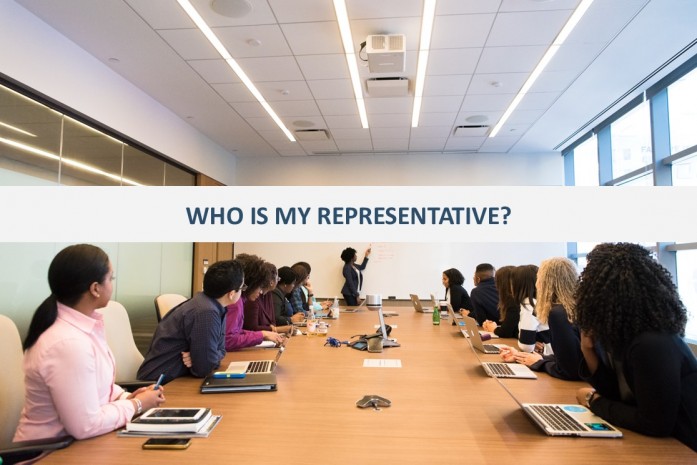I wrote recently about the importance of PCNs prioritising delivery over attendance at meetings. The question that poses is how PCNs can ensure they are effectively represented at meetings if they are not there themselves.
First off I would just reiterate that given the limits of available PCN time, if a PCN is faced with a choice of either ensuring local delivery or attending a system meeting, I would always prioritise the former. But how then do we ensure that the PCN influence on decision making is not completely abandoned?
This raises the thorny issue of representation. While the idea is simple enough – one person goes to a meeting to represent a PCN or multiple PCNs – the reality is much more difficult. How do I and my PCN know that the person who attends on our behalf is going to accurately represent us? How can we be sure that by not attending the meeting we are not missing out on opportunities and/or resources?
Representation requires trust. And the trust required for representation is hard to gain. If I am to trust someone to represent my PCN I am not simply asking for the minutes of the meeting to show that my PCN turned up, or someone to spectate and then feedback afterwards. I want, in addition to timely and appropriate feedback on the meeting and any relevant decisions made, to:
- Know that my PCN is going to be represented accurately
- Be confident that the representative is not going to put his or her own interests before that of my PCN
- Believe that the reputation of my PCN will be strengthened as a result of my representative’s attendance
- Trust that the representative will make an intervention where one is required, e.g. because the meeting is suggesting something inappropriate/absurd/potentially damaging etc.
- Be sure that the opportunity to build relationships with other attendees will not to be lost
Given the challenge that effective representation presents, how is a PCN to find someone they can trust to represent them?
A commonly suggested solution is to use rotation, either between CDs of different PCNs, or between members of a PCN, where a group of individuals take turns to be the representative. This stops everyone needing to go, and reduces the risk of any bias to a particular individual or PCN. However, I don’t like this as a solution. Meetings themselves are about relationships. In any regular meeting the attendees get to know each other and find a way of interacting. If my representative is always someone new they wont understand the dynamics of the meeting and as a result will almost certainly be less able to influence any outcomes.
This then leaves the daunting prospect of me needing to find a single individual to represent me and my PCN at the meeting. Who can I turn to? Here we are talking primarily about system meetings, with potentially Board Directors of the CCG, hospital and community trust in attendance. So in addition to being someone that I trust, I also need someone with an understanding of the system, someone who can hold their own in that company, and someone who can influence the outcomes in at least the same way as I believe I could if attended in person.
The horns of the dilemma facing many PCN CDs then is who can represent me and my PCN at these meetings that I simply don’t have time to attend? And the default response is generally that there is no one, and that I will just have to find time and go myself. But then, as I discussed last week, the PCN loses out because delivery suffers as there is insufficient time to both deliver and go to these meetings.
In many ways this brings us back to where we started. If the choice is delivery versus meetings, choose delivery, and say no to the meetings. But the real question is not is there someone who can represent me, but how can I create the representation that I need. That is the question that I will explore in more detail next week.


No Comments